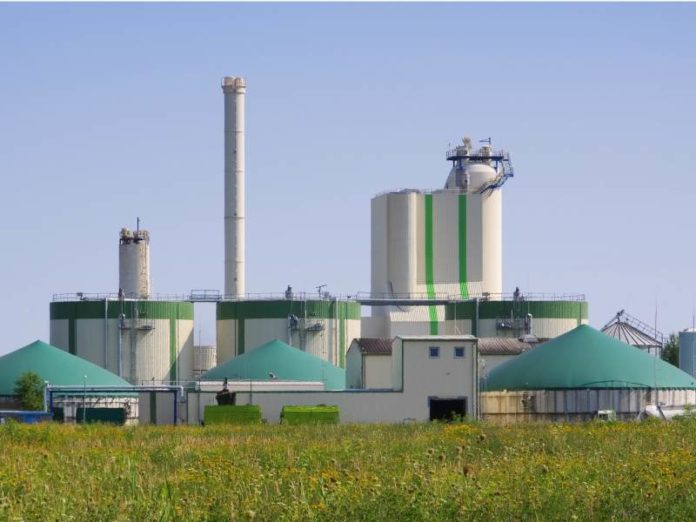Ghana will soon be getting its first waste-to-energy power plant. The 400kW plant has been commissioned at Gyankobaa in Atwima Nwabiagya South Municipality in Ashanti.
The German government through the Federal Ministry of Education and Research has signed a $6.5 million contract with four institutions in Germany and one institution in Ghana comprising three academic institutions, one research and development institution and a medium-scale industrial firm to design and construct a hybrid waste to energy power plant to treat municipal solid waste in Ghana.
The completion of the 48-month project will help to ensure the conversion of waste to energy in Kumasi. The plan is to later extend the concept to other parts of the country as this project could provide a blueprint for further projects.
Have you read?
PepsiCo microgrid marks a first for South African grid connected projects
Kenya selects two sites for nuclear power production
The 400-kilowatt production facility, which will be known as the Hybrid-PV-Biogas-Pyrolysis-Plant, will convert 12 tonnes of waste into bio-fertiliser and energy daily and this will help farmers in the area access organic manure for their farms.
The power generated will consist of 200KW from solar, 100KW from biogas and an additional 100KW from the pyrolysis of plastic waste.
When the entire project is completed, it will also serve as a training centre for waste management and solar energy sourcing, provide training for 17 master’s degree students and four PhD students at the University of Energy and Natural Resources (UENR), the Kwame Nkrumah University of Science and Technology (KNUST) and the Kumasi Technical University (KsTU), all supporting partners of the project.
President’s comments on the first of its kind power plant
President Nana Addo Dankwa Akufo-Addo said the new plant at Gyankobaa was a manifestation of the government’s efforts to pursue reliable and sustainable alternatives to hydro and thermal energy generation for the country.
The President said the project, the first of its kind in West Africa, would help close the communal carbon cycle by developing the value chain of the process with the production and utilisation of compost.
“The hybrid waste-to-energy project has come at a time when major cities like Accra and Kumasi are facing dire challenges in finding final dump sites. Indeed, the highlight of this project for me is the utilisation of municipal waste for the generation of power which could be the sustainable alternative for curbing the waste management challenges facing metropolises, municipalities and districts (MMDAs) in Ghana,” he stressed.
Akufo-Addo said the manufacture of compost, which would be sold to farmers to boost agriculture, would help cut down on mineral fertiliser, while improving the soil structure and also contributing to Ghana’s climate change mitigation strategy.
He said Germany would continue to train high-level local experts in waste management and waste treatment technologies.
Background of the waste-to-energy project
The joint effort between the Federal Ministry of Education and Research of Germany (BMBF) in collaboration with the Ministry of Environment, Science, Technology and Innovation (MESTI) of Ghana, led by the University of Rostock in Germany through the West African Science Service Centre on Climate Change and Adapted Land Use (WASCAL) in Accra which conducted feasibility studies on renewable energy resources in Ghana under the supervision of the Council for Scientific and Industrial Research (CSIR-Ghana) before the inception of this project.
The project is funded by The Pilot Hybrid Waste to Energy and is executed by 4 German institutions, led by the University of Rostock; 6 institutions in Ghana, led by WASCAL.
Originally published by Nomvuyo Tena on esi-africa.com
